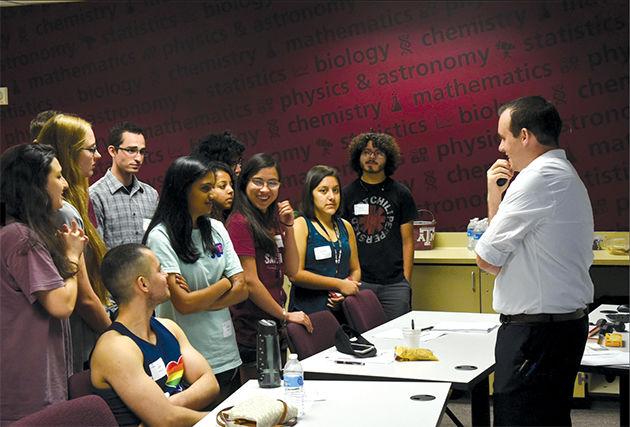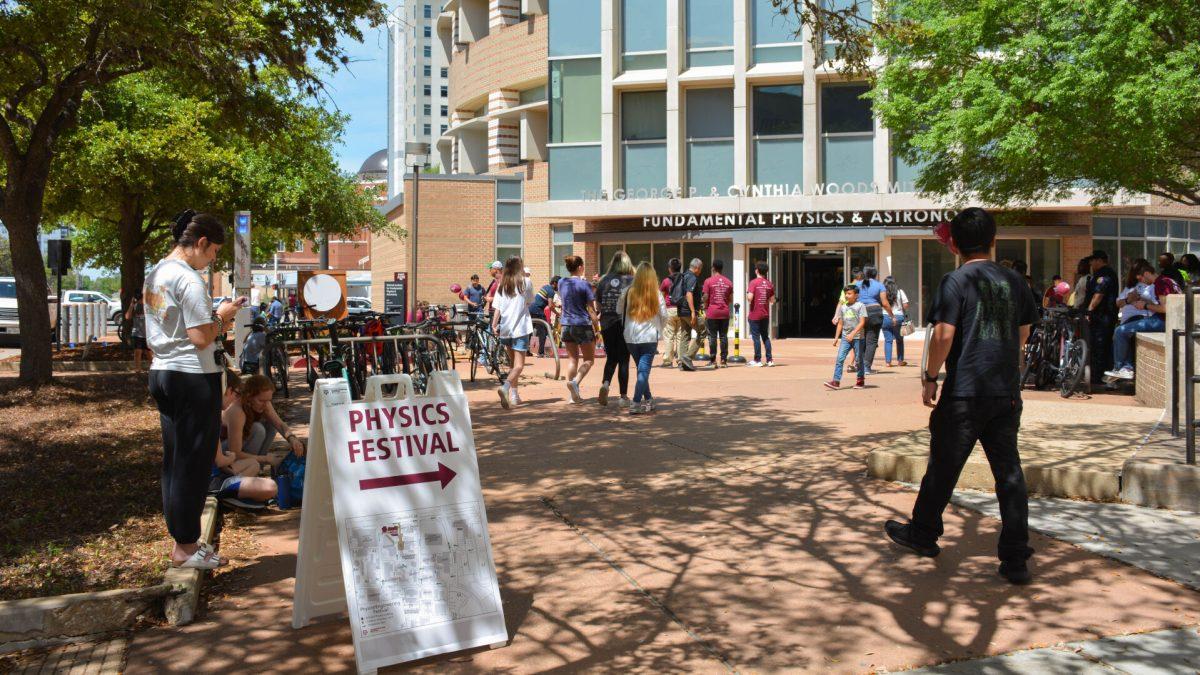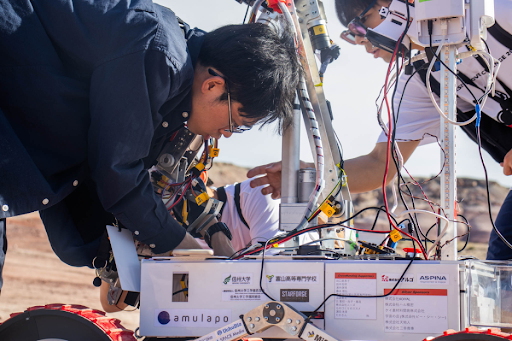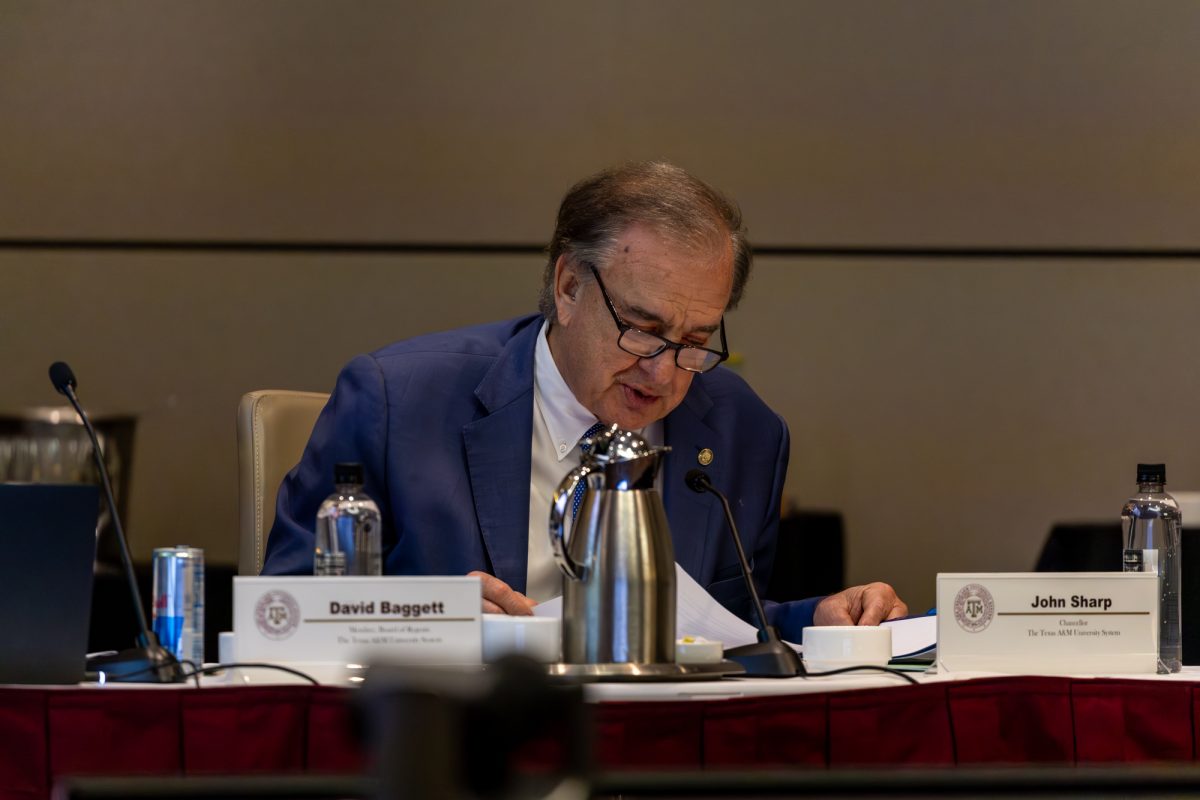Beginning with a select group of students in a new program, the A&M College of Science hopes to work towards building a support system capable of challenging the forbidding statistics for a wide variety of classically at-risk students.
The Science Leadership Scholars Program invites high-performing students who share common risk factors including first-generation, low-income, historically underrepresented minorities and women in science. Twenty-three of the College of Science’s top freshman students will be the first to work towards the eventual goal of creating a college-wide support network.
Meigan Aronson, dean of the College of Science, said there is definitive statistical evidence that despite previous educational success, students with risk factors tend to have a greater difficulty in adjusting to college.
“If you had two or more of these markers then your chance of actually graduating from university was about 50 percent relative to the upper distribution — 50 percent,” Aronson said. “And if you were to graduate, it would take you about 50 percent longer. That was a social issue that I felt I could do something about.”
Timothy Scott, associate dean for Undergraduate Programs and Development with the College of Science, said providing a support system could be extremely beneficial for students with common risk factors.
“There is a set of stressors among that population that aren’t in the other population,” Scott said.
“If you are first-gen, you can’t pick up the phone and ask mom and dad what to do. You have to have people that can serve that gap.”
Aronson said throughout the recruiting process, the college focused their outreach to students with previous academic success.
“I view the Science Leadership Scholars as a very special group of students,” Aronson said. “They were selected first and foremost for their promise. These are students with very high SAT scores. They were near the top of our recruitment pool, and we want to make sure they remain on track.”
Scott said the first year of the program is focused on successfully transitioning the students into college and providing a support system while subsequent years will focus on developing leadership skills within the college and following graduation.
Gregory Square, leader of the Science Leadership Scholars Program, said he hopes to not only help the first group of students be successful, but hopes to continue to refine the program.
“I’m all about wanting to see how we can improve not only the program but how we can improve student success,” Square said. “This can really alter their family generation from this point on and have a definite turn on where their kids go and their kids’ kids.”
Aronson said she is excited to see how the program will enable the college to help a larger population of students at Texas A&M.
“For me the challenge is to learn something from this experience that will allow us to address the larger population that we serve,” Aronson said. “How do we scale up the sorts of support that we find out will be good for the science leadership scholars to thrive?”
Scholarship fights to shift the bell curve
September 7, 2016
Photo by PROVIDED
Science research scholars meet for first semester orientation.
0
Donate to The Battalion
$1815
$5000
Contributed
Our Goal
Your donation will support the student journalists of Texas A&M University - College Station. Your contribution will allow us to purchase equipment and cover our annual website hosting costs, in addition to paying freelance staffers for their work, travel costs for coverage and more!
More to Discover










